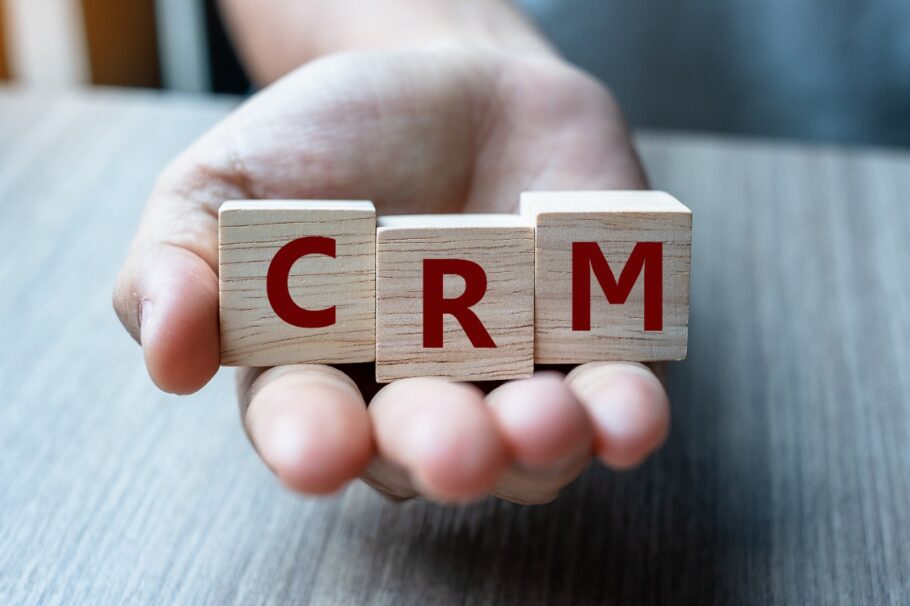- What does SAP CRM Consultant do?
- Career and Scope of SAP CRM Consultant
- Career path for SAP CRM Consultant
- Key skills of SAP CRM Consultant
- Cover letter for SAP CRM Consultant
- Top 20 interview questions and answers for SAP CRM Consultant
1. What does SAP CRM Consultant do?
SAP CRM Consultants are responsible for configuring, implementing and maintaining the SAP CRM system. They work closely with business users to understand their needs and requirements, and then design and configure the SAP CRM system to meet those needs. SAP CRM Consultants also provide training to business users on how to use the SAP CRM system, and provide ongoing support and maintenance.
2. Career and Scope of SAP CRM Consultant
SAP CRM Consultants typically have a background in business or information technology. Some SAP CRM Consultants may have a master’s degree in business administration (MBA) with a focus on information technology. The SAP CRM Consultant career path typically includes working as a business analyst, business process consultant, or systems integrator before becoming a SAP CRM Consultant.
3. Career path for SAP CRM Consultant
The career path for a SAP CRM Consultant typically starts with working as a business analyst, business process consultant, or systems integrator. SAP CRM Consultants typically have a background in business or information technology. Some SAP CRM Consultants may have a master’s degree in business administration (MBA) with a focus on information technology.
4. Key skills of SAP CRM Consultant
Some key skills of SAP CRM Consultants include:
– Strong analytical and problem-solving skills
– Strong communication and interpersonal skills
– Ability to work in a team environment
– Ability to understand business needs and requirements
– Ability to configure, implement and maintain the SAP CRM system
Top 20 Roles and responsibilities of SAP CRM Consultant
1. As a SAP CRM consultant, you will be responsible for the analysis, design, configuration, and implementation of the SAP CRM system.
2. You will work closely with business users to understand their requirements and map them to the capabilities of the SAP CRM system.
3. You will be responsible for configuring the SAP CRM system to meet the business requirements.
4. You will be responsible for testing the SAP CRM system to ensure that it meets the business requirements.
5. You will be responsible for training the business users on the use of the SAP CRM system.
6. You will be responsible for providing support to the business users during the rollout of the SAP CRM system.
7. You will be responsible for working with the SAP CRM support team to resolve any technical issues that may arise.
8. You will be responsible for maintaining the SAP CRM system after go-live.
9. You will be responsible for troubleshooting any issues that may arise in the SAP CRM system.
10. You will be responsible for creating and maintaining documentation for the SAP CRM system.
11. You will be responsible for developing and maintaining the SAP CRM system roadmap.
12. You will be responsible for working with other teams within the organization to ensure the smooth integration of the SAP CRM system with other business systems.
13. You will be responsible for managing the SAP CRM system budget.
14. You will be responsible for ensuring compliance with SAP CRM license agreements.
15. You will be responsible for managing the SAP CRM system security.
16. You will be responsible for managing the SAP CRM system performance.
17. You will be responsible for managing the SAP CRM system availability.
18. You will be responsible for managing the SAP CRM system backups.
19. You will be responsible for managing the SAP CRM system upgrades.
20. You will be responsible for managing the SAP CRM system disaster recovery.
Cover letter for SAP CRM Consultant
Hello,
I am writing in regards to the SAP CRM Consultant position that your company has posted. Based on the qualifications that you are seeking, I believe that I am a strong candidate for the role.
I am a certified SAP CRM Consultant and have over five years of experience working with SAP CRM. In my previous role, I was responsible for designing, implementing, and testing SAP CRM solutions for my company. I have a deep understanding of how SAP CRM works and how to best utilize it to meet the needs of my clients.
In addition to my technical skills, I am also an excellent communicator and have a proven track record of being able to work effectively with clients to understand their needs and deliver the best possible solution. I am confident that I can provide the same level of service to your company and would be a valuable asset to your team.
Thank you for your time and consideration. I look forward to hearing from you soon.
Sincerely,
[Your name]
Top 20 interview questions and answers for SAP CRM Consultant
1. What is SAP CRM?
SAP CRM is a customer relationship management software application produced by SAP SE. It is designed to help businesses manage customer data and interactions, automate sales and marketing processes, and improve customer service and support.
2. What are the main features of SAP CRM?
The main features of SAP CRM include customer data management, customer interaction management, sales force automation, marketing automation, and service and support.
3. How can SAP CRM help businesses improve customer relations?
SAP CRM can help businesses improve customer relations by providing tools to manage customer data, automate sales and marketing processes, and improve customer service and support.
4. What are some of the benefits of using SAP CRM?
Some of the benefits of using SAP CRM include increased sales and productivity, improved customer service, and reduced marketing and administrative costs.
5. How easy is it to use SAP CRM?
SAP CRM is designed to be easy to use, with a user-friendly interface and extensive online help. However, as with any complex software application, some training may be required to get the most out of it.
6. What training is available for SAP CRM?
SAP offers a variety of training options for SAP CRM, including online tutorials, classroom training, and e-learning courses.
7. What support is available for SAP CRM?
SAP offers a wide range of support options for SAP CRM, including online support, phone support, and on-site support.
8. What are the system requirements for SAP CRM?
The system requirements for SAP CRM vary depending on the deployment option (on-premise or cloud-based) and the specific features and modules being used.
9. How much does SAP CRM cost?
The cost of SAP CRM varies depending on the deployment option (on-premise or cloud-based) and the specific features and modules being used.
10. Is SAP CRM right for my business?
Only you can answer this question, as only you know the specific needs of your business. However, SAP CRM is a versatile and powerful customer relationship management software application that can be beneficial for businesses of all sizes.
11. How do I get started with SAP CRM?
If you decide that SAP CRM is right for your business, the first step is to contact SAP to discuss your specific needs and requirements. SAP can then provide you with more information on pricing, licensing, and implementation.
12. What are some tips for getting the most out of SAP CRM?
Here are a few tips for getting the most out of SAP CRM:
-Make sure your data is accurate and up-to-date
-Segment your customer data to create targeted marketing campaigns
– automate repetitive tasks to save time
– Use the available reporting tools to track your progress and results
13. How can I find more information on SAP CRM?
You can find more information on SAP CRM on the SAP website (www.sap.com), in the SAP CRM product documentation, and in a variety of online and offline resources.
14. What are some common SAP CRM implementation mistakes?
Some common SAP CRM implementation mistakes include not properly planning the project, not involving all stakeholders in the project, not adequately training users, and not setting realistic expectations.
15. How can I avoid SAP CRM implementation mistakes?
You can avoid SAP CRM implementation mistakes by properly planning your project, involving all stakeholders in the project, adequately training users, and setting realistic expectations.
16. What are some common SAP CRM customization mistakes?
Some common SAP CRM customization mistakes include not following SAP best practices, not adequately testing customizations, and not properly documenting customizations.
17. How can I avoid SAP CRM customization mistakes?
You can avoid SAP CRM customization mistakes by following SAP best practices, adequately testing customizations, and properly documenting customizations.
18. What are some common SAP CRM integration mistakes?
Some common SAP CRM integration mistakes include not properly planning the integration, not adequately testing the integration, and not properly documenting the integration.
19. How can I avoid SAP CRM integration mistakes?
You can avoid SAP CRM integration mistakes by properly planning the integration, adequately testing the integration, and properly documenting the integration.
20. What are some common SAP CRM upgrade mistakes?
Some common SAP CRM upgrade mistakes include not properly planning the upgrade, not adequately testing the upgrade, and not properly documenting the upgrade.
21. How can I avoid SAP CRM upgrade mistakes?
You can avoid SAP CRM upgrade mistakes by properly planning the upgrade, adequately testing the upgrade, and properly documenting the upgrade.



